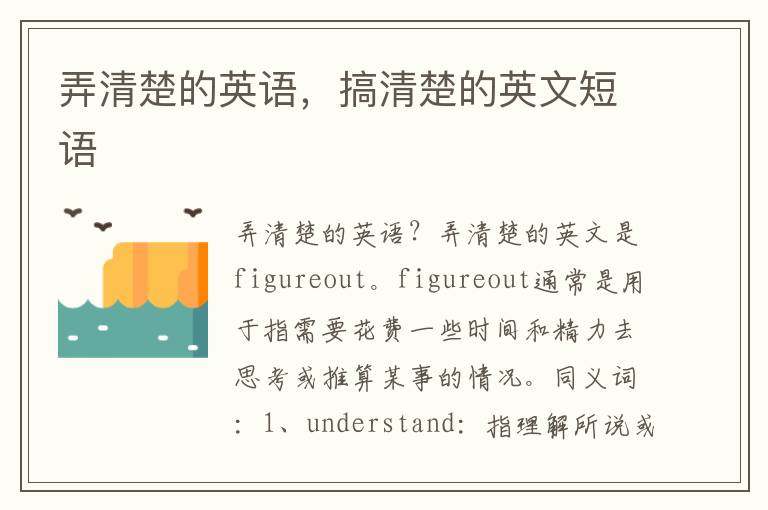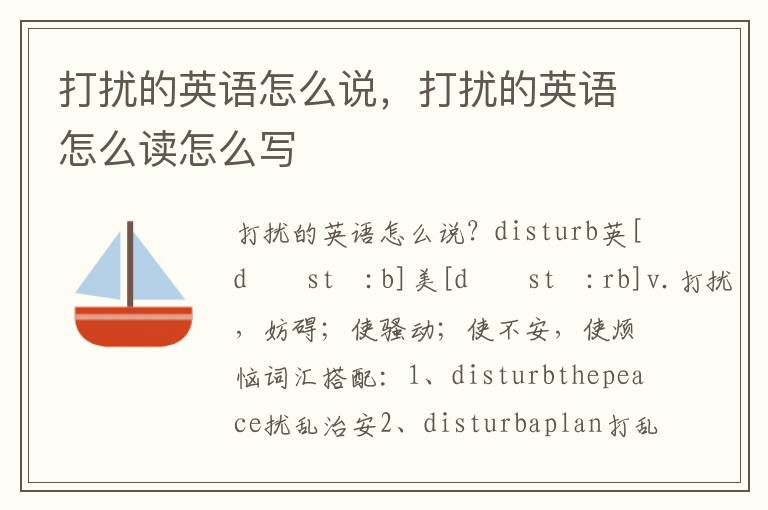【简介】感谢网友“雕龙文库”参与投稿,这里小编给大家分享一些[db:SEO标题],方便大家学习。
许吉如,女,1992年6月出生,清华大学法学院,2010年12月获第十六届“21世纪杯”全国英语演讲比赛北京赛区总决赛冠军。 南京申办2023年青奥会形象大使,2010年2月随中国代表团赴温哥华申奥。 奥冠体育俱乐部形象大使。
以下是冠军许吉如的英语演讲稿:
Have you ever bought any food on the train? And do you ask for the receipt after buying it? Nowadays, all trains in China provide its passengers with receipts for commodities, but 7 years ago, things were quite different.
On 13th of October, 2004, the train T109 from Beijing to Shanghai was speeding on the railway. A graduate student bought a sausage at 1 yuan on the train, then asked for a receipt.
“Are you kidding? It’s just one yuan!” The crew member was surprised.
The student, however, answered in a determined voice, “I paid the money, so I deserve the receipt.”
“But we never give receipts on the train.’ As a result, his further request was turned down by a cold shoulder.
Several days later, the student sued the National Railway Ministry, for not providing receipts for passengers.
To his dismay, the court turned down the case for lack of evidence. But he, who majored in law at that time, believed law as a most powerful weapon, so he did not give up. Instead, he began his journey of collecting first-hand evidence by taking trains and buying commodities aboard. When his classmates were playing soccer, he was taking the train; When his classmates were buying food at Mcdonald’s, he was buying food on the train; When his classmates were asking girls out, he was asking for the receipts. As he joked, ‘I was either taking the train or on the way to take the train.’
One month later, he appeared in the court again, with newly-collected evidence and a stronger confidence. And I guess, ladies and gentlemen, you will all cheer for the result because this time, the student won the case. Very soon, a regulation about receipts on the train came out. And whatever we buy on the train now, there’s a receipt for us.
Outside the court, the student was asked, “How do you make it to the end?” He said, “As a law student, I root my faith in law. I believe that law is there, to protect every person with no exception, and to ensure every person has a say.”
His words spread a strong faith in law, which is not only a doctrine of a law student, but also a belief that all citizens ought to hold. It is this faith that initiates the student to resort to law for a tiny issue; it is this faith that supports him to endure all the exhausting trips when collecting evidence; It is this faith that makes a seemingly “ridiculous” receipt request legal and rightful. It is this faith that helps to change our life, enhance our judicial system and bring social justice.
To many, a receipt of 1 yuan is too small to mention, however rights are to be respected and law is to be believed in. It all starts with a tiny receipt of 1 yuan, but we get a monumental case, a new regulation and a bumper harvest in social justice. The bridge that leads a tiny start to a bumper harvest is faith, the faith in law, rightful and strong.
编辑推荐
>>少儿英语百科视频第1集:可爱的猴子
>>奥巴马披露第一次约会细节自爆追妻攻略
>>BBC英语资讯
>>VOA英语听力
>>更多内容请关注英语网英语听力频道
(编辑:何莹莹)
许吉如,女,1992年6月出生,清华大学法学院,2010年12月获第十六届“21世纪杯”全国英语演讲比赛北京赛区总决赛冠军。 南京申办2023年青奥会形象大使,2010年2月随中国代表团赴温哥华申奥。 奥冠体育俱乐部形象大使。
以下是冠军许吉如的英语演讲稿:
Have you ever bought any food on the train? And do you ask for the receipt after buying it? Nowadays, all trains in China provide its passengers with receipts for commodities, but 7 years ago, things were quite different.
On 13th of October, 2004, the train T109 from Beijing to Shanghai was speeding on the railway. A graduate student bought a sausage at 1 yuan on the train, then asked for a receipt.
“Are you kidding? It’s just one yuan!” The crew member was surprised.
The student, however, answered in a determined voice, “I paid the money, so I deserve the receipt.”
“But we never give receipts on the train.’ As a result, his further request was turned down by a cold shoulder.
Several days later, the student sued the National Railway Ministry, for not providing receipts for passengers.
To his dismay, the court turned down the case for lack of evidence. But he, who majored in law at that time, believed law as a most powerful weapon, so he did not give up. Instead, he began his journey of collecting first-hand evidence by taking trains and buying commodities aboard. When his classmates were playing soccer, he was taking the train; When his classmates were buying food at Mcdonald’s, he was buying food on the train; When his classmates were asking girls out, he was asking for the receipts. As he joked, ‘I was either taking the train or on the way to take the train.’
One month later, he appeared in the court again, with newly-collected evidence and a stronger confidence. And I guess, ladies and gentlemen, you will all cheer for the result because this time, the student won the case. Very soon, a regulation about receipts on the train came out. And whatever we buy on the train now, there’s a receipt for us.
Outside the court, the student was asked, “How do you make it to the end?” He said, “As a law student, I root my faith in law. I believe that law is there, to protect every person with no exception, and to ensure every person has a say.”
His words spread a strong faith in law, which is not only a doctrine of a law student, but also a belief that all citizens ought to hold. It is this faith that initiates the student to resort to law for a tiny issue; it is this faith that supports him to endure all the exhausting trips when collecting evidence; It is this faith that makes a seemingly “ridiculous” receipt request legal and rightful. It is this faith that helps to change our life, enhance our judicial system and bring social justice.
To many, a receipt of 1 yuan is too small to mention, however rights are to be respected and law is to be believed in. It all starts with a tiny receipt of 1 yuan, but we get a monumental case, a new regulation and a bumper harvest in social justice. The bridge that leads a tiny start to a bumper harvest is faith, the faith in law, rightful and strong.
编辑推荐
>>少儿英语百科视频第1集:可爱的猴子
>>奥巴马披露第一次约会细节自爆追妻攻略
>>BBC英语资讯
>>VOA英语听力
>>更多内容请关注英语网英语听力频道
(编辑:何莹莹)








